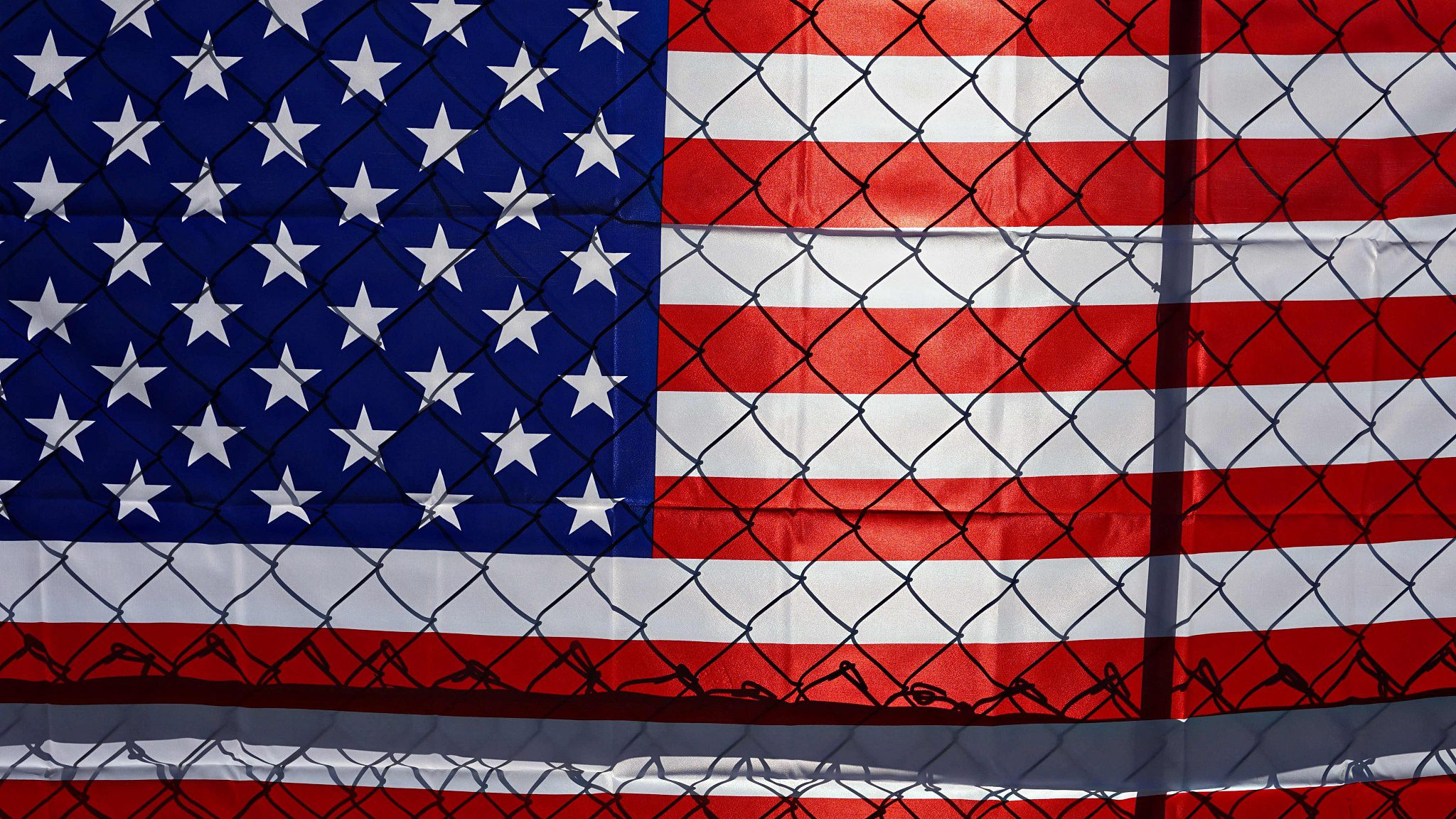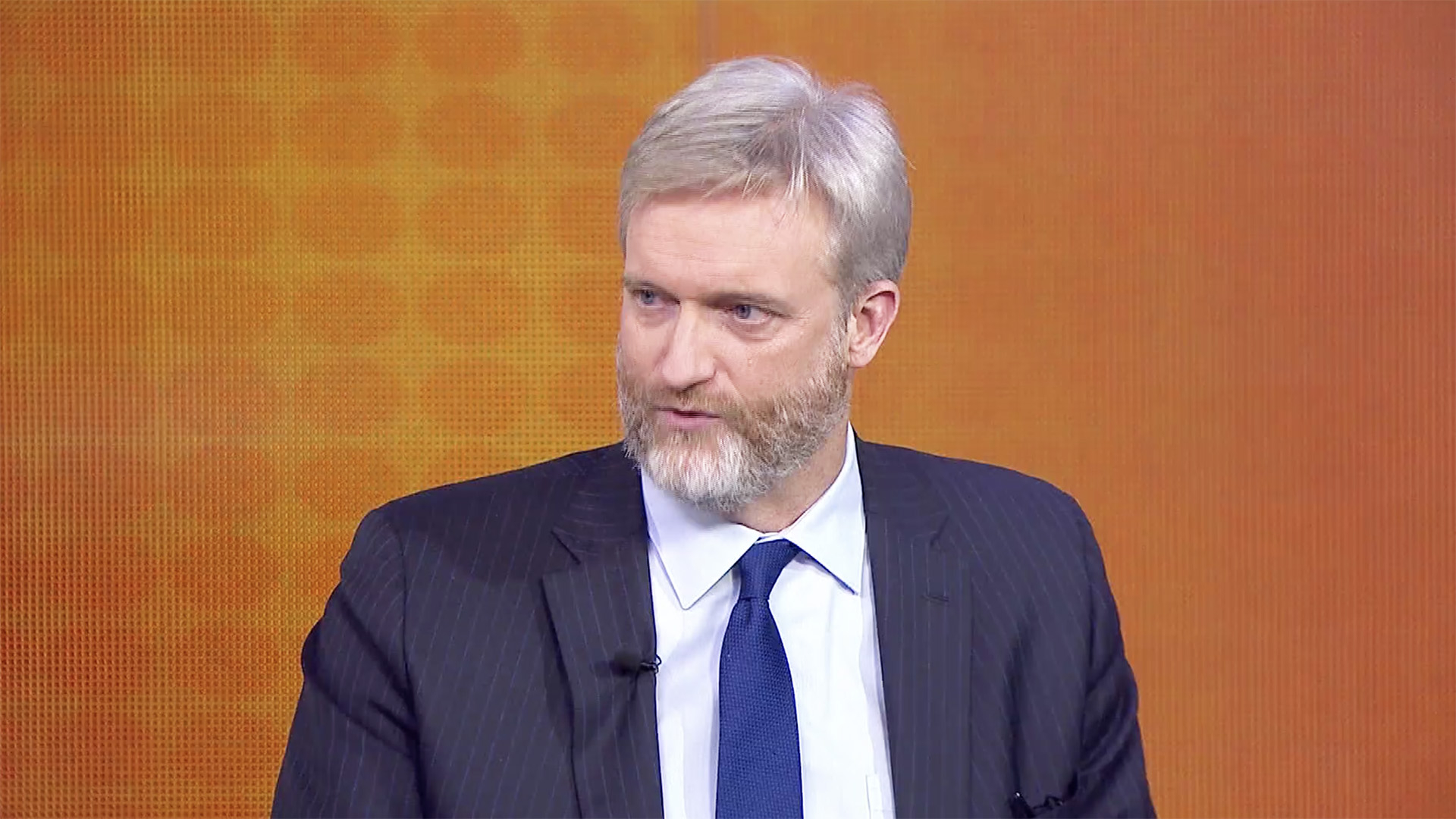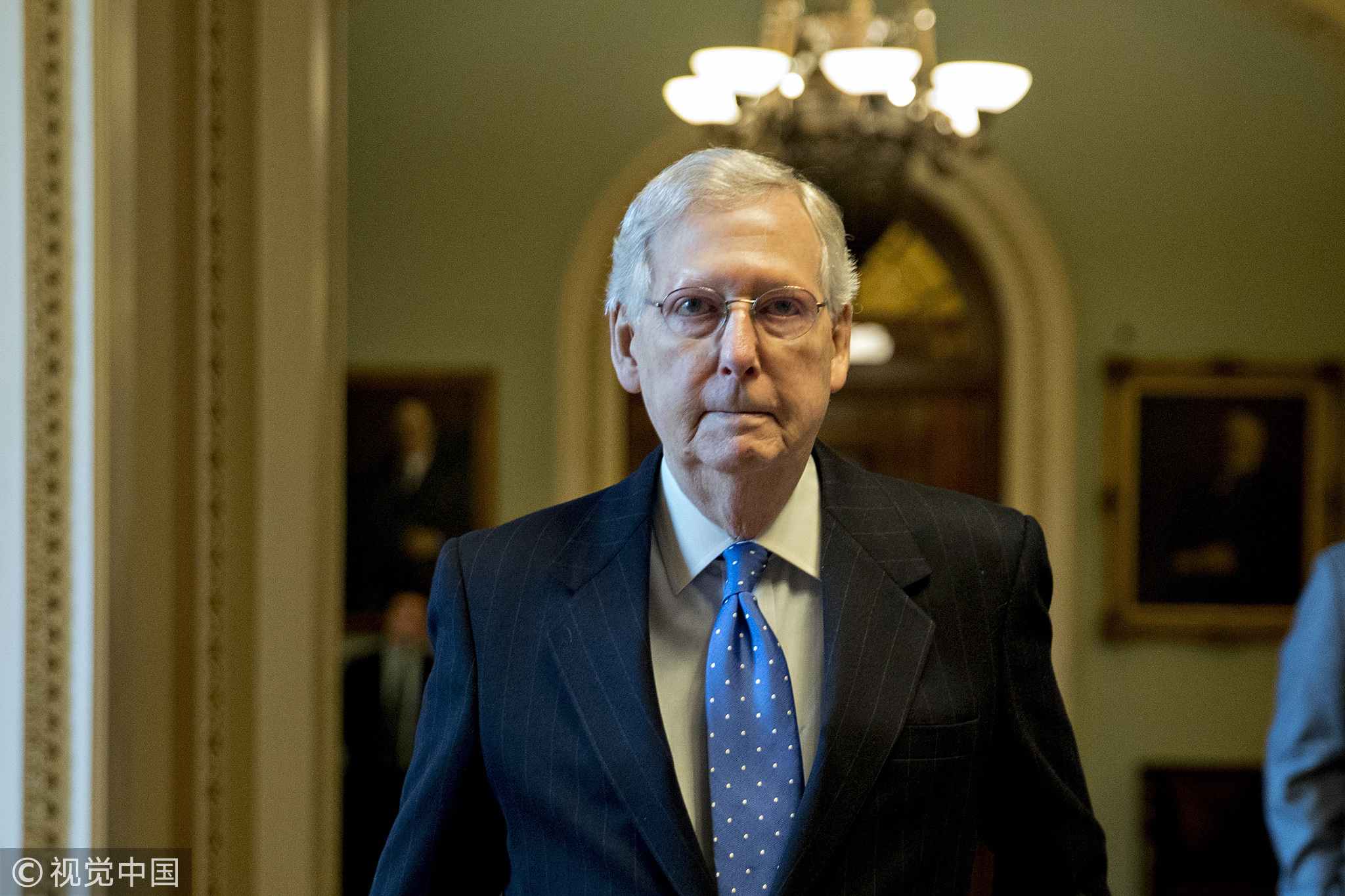
Opinions
12:24, 20-Dec-2018
Is the U.S. government facing a government shutdown over the border issue?
Updated
11:59, 23-Dec-2018
CGTN's The Heat

On Tuesday, U.S. President Donald Trump abandoned his campaign promise of a $5 billion border wall and conceded that the sum was needed elsewhere in order to avoid a government shutdown this weekend.
White House Press Secretary Sarah Huckabee Sanders said on the same day that Trump has reached “a number of different funding sources that we've identified that we can use.”
Meanwhile, Trump said he is prepared to face a shutdown of the government if he did not receive his border-wall funding, and threatened to close the entire border. The relationship between the White House and the Congress may deteriorate when the newly-elected House of Representatives assume their office in January.
Eleanor Clift, the political analyst for The Daily Beast, introduces the current situation of the deadlock. Unlike the previous one during the Obama period that affected all the federal agencies, the government is facing a partial shutdown this time. For now, Trump does not have enough votes in the Capitol. If he carries it through, the Democrats will pass the bills in question as soon as they take over the majority of the House of Representatives in January. The president will be overridden at the time even if he might want to veto the bills.
Ahmed Younis, the International Security Program Fellow at New America, criticizes that the border wall project has become an egotism issue for the Trump administration and veers into an anti-immigrant ideology that the president is consistent with.
Lester Munson, the principal in the International at BGR Group, analyses the uniqueness of the federal system in the United States. There are multiple political stakeholders acting directly on the budget process, and both parties have their vested interest in the budget. Regarding the figures, this shutdown is affecting only seven percent of the U.S. government. The key outcome of the shutdown is that the president will have to realize that the immigration issue has a limited utility for him. Therefore, Lester suggests that Trump could shift away from the immigration topic and focus on the national economy in the future.
01:34

From the worldview, Song Zhang, the Washington Bureau Chief for the Shanghai Wen Hui Daily, says people may understand the security concerns and the drug smuggling issues brought about with the immigrants. However, the immigration problem in the United States is gradually becoming a humanitarian concern in the world.
In the future of U.S. domestic political issues, Ahmed reiterates that the “bread and butter” issue is still a significant topic. In the past few years, the social system has been revised and restructured by the Trump administration, and therefore it will be wise for the Democrats to continue to focus on improving the daily lives of Americans. Though cases like Russian conspiracy are still affecting the U.S. politics, what the voters care about most is their life.
The economic outlook of the U.S. in 2018 is somewhat stable, according to Song. He suggests that the stock market in the U.S. is reaching a relative peak in the period, while the U.S. economy still has a potential to grow next year.

U.S. Senate Majority Leader Mitch McConnell, a Republican from Kentucky, walks toward his office in Washington, D.C., December 19, 2018. /VCG Photo
U.S. Senate Majority Leader Mitch McConnell, a Republican from Kentucky, walks toward his office in Washington, D.C., December 19, 2018. /VCG Photo
Lester points out that a moderate tariff can be effective against China during the trade negotiations. It gets support from the people in the United States. The political assertion is strong behind the tariffs. Donald Trump may shift the immigration issue to the trade topic in the 2020 campaign to wish for a better reward on this topic.
The Heat with Anand Naidoo is a 30-minute political talk show on CGTN. It airs weekdays at 7:00 a.m. BJT and 7:00 p.m. Eastern in the United States
(If you want to contribute and have specific expertise, please contact us at opinions@cgtn.com.)

SITEMAP
Copyright © 2018 CGTN. Beijing ICP prepared NO.16065310-3
Copyright © 2018 CGTN. Beijing ICP prepared NO.16065310-3